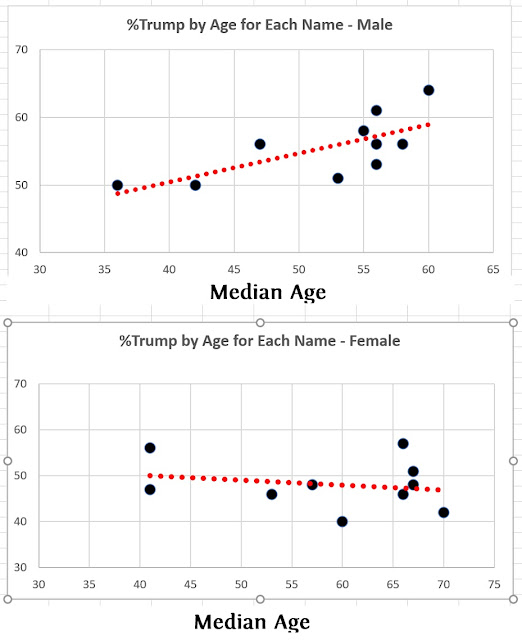November 6, 2020
Posted by Jay Livingston
A lot of people in this country still refuse to wear masks. In most places, no laws require masks, so anti-maskers will have to be persuaded. But how, especially now that those same people associate masks with weakness and femininity? Appeals to altruism run up against American individualism. As the subway rider in New York said this week when other riders repeatedly asked him to wear a mask and even held out masks for him to take, “I live by my principles. . . I don’t wear a muzzle.” (The full story is here )
One strategy that seems to have caught on is “Mask Up.”
(Click on the image for a larger view.)
These campaigns remind me of “Don’t Mess With Texas.” Now it’s an all-purpose slogan, but it originated in 1985 as a campaign to get “Bubba,” the stereotypical Texas truck-driving male, to stop tossing beer cans and other litter onto the highway. Highway beautification had the same problems as masks. It required that the individual inconvenience himself for the sake of a goal that benefited only the general society, not himself, and in a way that was not immediately visible. In addition, the goal highway beautification reeked of flowers and femininity.
A slogan like “Let’s Keep Our Roads Beautiful” wasn’t going to cut it. But “Don’t Mess With Texas,” with TV ads featuring Dallas Cowboys linemen, combined masculine toughness with state chauvinism.*
Covid is a far more serious problem than litter, but the strategy is the same — masculinity and local patriotism. The pugnacious “Philly Never Backs Down. Mask Up” seems too similar to “Don’t Mess With Texas” to have been a coincidence. But it’s the “up” that I find most interesting. “Mask Up.” to my ear at least, sounds more masculine than “Wear a mask.” I’m not sure why. Maybe the “up” implies a bold action, like an athlete suiting up for the big game, a game for which he is also amped up, revved up, and even juiced up.
“Listen up,” says the coach in the locker room just before he gives his speech to get the team psyched up. To “Listen up” is active than to merely “listen.”
The Texas campaign reduced highway litter by 72%. Unfortunately, I don’t know any research showing the effect of “Mask Up.”
-------------------
* See my 2009 post Lone Star Litter and Values.




